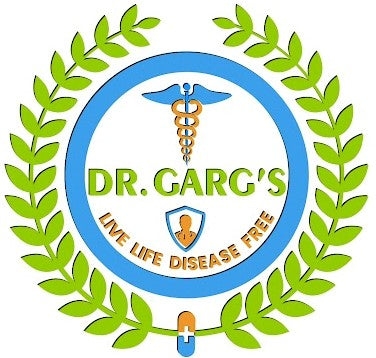Autism
Understanding Autism: Causes, Symptoms, and Homeopathic Treatment

Introduction
Welcome to our blog, where we aim to provide you with an overview of autism, including its causes, symptoms, and explore the potential of homeopathic treatment for individuals with autism. Autism Spectrum Disorder (ASD) is a complex neurodevelopmental condition that affects communication, social interaction, and behavior. While there is no known cure for autism, various therapeutic approaches, including homeopathy, can help manage symptoms and improve overall quality of life.
Overview of Autism
Autism is a lifelong condition that typically emerges in early childhood and persists into adulthood. It is characterized by a wide range of symptoms and challenges that vary from person to person. Individuals with autism may experience difficulties in social interactions, communication, sensory processing, and exhibit repetitive or restrictive behaviors. Autism is often referred to as a "spectrum" disorder because the symptoms and their severity can vary significantly.
Causes of Autism
The exact causes of autism are still being researched, and it is likely that a combination of genetic and environmental factors contribute to its development. Some studies suggest that certain genes may increase the risk of developing autism, but it is important to note that not all individuals with autism have identifiable genetic abnormalities. Environmental factors, such as prenatal complications, maternal infections, and exposure to certain toxins, have also been linked to an increased risk of autism. However, it is crucial to emphasize that vaccines do not cause autism, as extensive scientific research has consistently debunked this myth.

Symptoms of Autism
Autism manifests through a range of symptoms, which can be divided into three core areas:
- Social Interaction: People with autism often struggle with social skills and may have difficulty understanding and responding to social cues. They may have limited eye contact, difficulty engaging in reciprocal conversations, and find it challenging to form and maintain relationships.
- Communication: Communication difficulties can vary greatly among individuals with autism. Some may have delayed speech development or a complete lack of spoken language. Others may have a rich vocabulary but struggle with pragmatic language skills, such as understanding humor or sarcasm.
- Repetitive Behaviors and Restricted Interests: Many individuals with autism engage in repetitive behaviors, such as repetitive movements (e.g., hand flapping) or adherence to strict routines. They may also develop intense interests in specific topics and show resistance to change.
Homeopathic Treatment for Autism
Homeopathy is a holistic system of medicine that aims to stimulate the body's innate healing mechanisms. It employs highly diluted substances derived from plants, animals, and minerals to restore balance and promote overall well-being. While there is limited scientific evidence specifically supporting homeopathy as a standalone treatment for autism, some parents and practitioners have reported positive results in managing certain symptoms associated with autism.
Homeopathic remedies for autism are prescribed based on individualized assessments of a person's physical, emotional, and mental symptoms. Treatment plans may focus on addressing underlying imbalances, reducing behavioral challenges, improving communication, and supporting overall development. It is essential to consult a qualified and experienced homeopath who specializes in treating autism spectrum disorders to ensure personalized and safe treatment.
Conclusion
Autism is a complex disorder that requires a comprehensive approach for management. Understanding the causes, symptoms, and available treatment options, including homeopathy, can help individuals with autism lead fulfilling lives. Remember, it is crucial to consult with healthcare professionals, including medical doctors, therapists, and homeopaths, to develop a tailored treatment plan that addresses the specific needs of individuals with autism. With appropriate support and interventions, individuals with autism can make progress and thrive in their own unique way.
